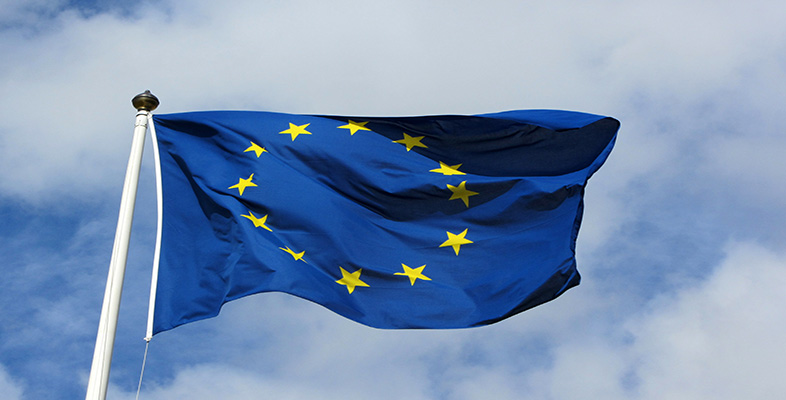1.8 The future of the EU
1.8.1 What happens next?
The next ten years are likely to be momentous for the history of Europe. However, in the same way that no social scientist was able to predict the collapse of the Soviet order, it is pointless to speculate on possible but improbable scenarios. At this point it is only possible to project toward the future on the basis of the existing parameters; the more accurate and detailed our knowledge of the present trends is, the more likely our forecasts are to have some success.
Europe is at a crossroads in several different respects.
-
Which way will Economic and Monetary Union (EMU) go? Will it contribute to cementing the EU or will it paralyse it for years to come? If EMU is reasonably successful, will it lead to further political and military integration? If EMU fails, what are the likely effects?
-
When the expansion (mostly eastwards) of the EU comes, will it be accompanied by a thorough revision of its organisational and decision-making structures (which inevitably means more ‘federative mechanisms’), or will it rather tumble along like a cumbersome, overbuilt contraption?
-
Will NATO's expansion go ahead, incorporating not only ‘central’ European countries, but also the Baltics and possible others, or will the Russian veto stop or greatly curtail this project?
-
What is the likely scenario in Russia in the years to come – a descent into further political chaos and economic decline or a slow but progressive move toward the consolidation of liberal democracy and sustained economic development?
-
Will the EU be able to keep up technologically and economically with other world areas (USA, Japan, ‘Asian Tigers’) or will it lag behind and lose its competitive edge?
-
Will future conflicts (including violent ones) be likely to originate at the cultural and religious levels or will more classical formulations, which emphasise the divisiveness of economic and social differences, be the shape of things to come?
-
Is the trend toward the waning of the functions of the traditional European states likely to continue or will states reassert their sovereignty?
-
Will stateless nations find satisfactory levels of autonomy within the framework of their respective states and within an overall, modified political structure of the EU or is it likely that separatist tendencies will prevail because of the rigidity of the existing state and communitarian political structures?
-
Will the process of immigration continue at an accelerated pace or will the concept of a ‘fortress Europe’ prevail?
-
What will be the fate of Third World immigrants in the EU? Will they be assimilated/integrated or will they maintain their original cultures?
